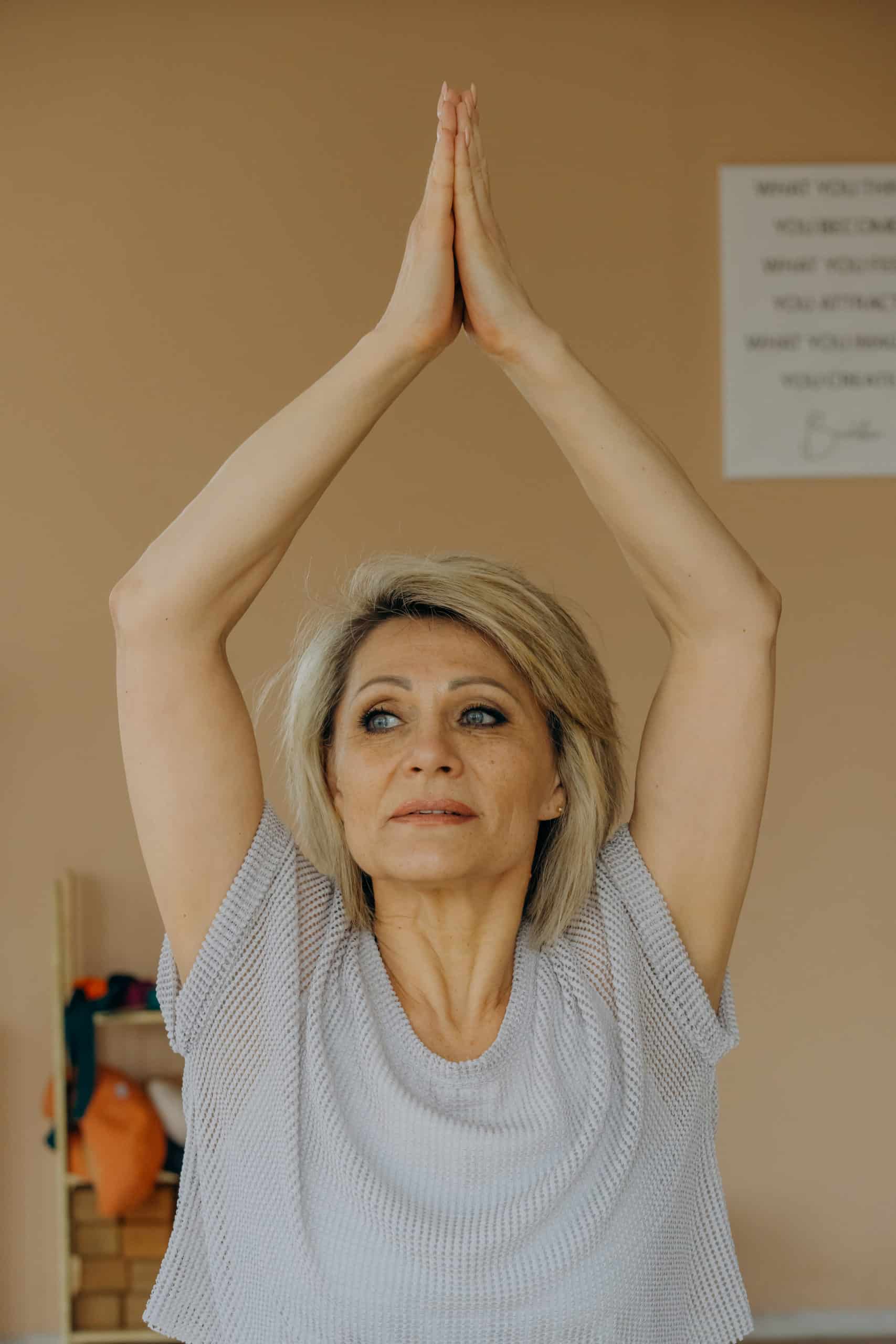Helping A Senior With Balance Training Benefits You Both
Pegasus skilled nursing care in Chatsworth and elsewhere includes assisting individuals incapacitated by an injury. Falls are one of the primary causes of injury in the elderly. Consider this: Helping seniors with balance training during your career as a home health care nurse benefits you both.
Balance is usually regarded as the ability to remain upright. Although that seems simple enough, it’s the result of a complex process. It requires coordination of the following:
- Inner ears – know the direction of motion, such as turning
- Eyes – know where the body is in space, such as right side up, and direction of movement
- Skin – knows what part of the body is touching a surface
- Muscles – know what part of the body is moving
- Brain – processes the information from the senses and muscles and decides what to do
These all come together as proprioception.
Proprioception, sometimes called the “sixth sense,” is also known as kinesthesia. It’s how the body knows the environment it’s in, how to move, and what action to take. It’s a critical part of performing simultaneous actions accurately and smoothly.
Many Conditions Affect Balance
Realizing that you are about to fall and taking steps to “break the fall” is part of proprioception. Many conditions can impair proprioception, including, but not limited to, the following:
- Arthritis
- Brain injuries
- Diabetes
- Multiple sclerosis
- Parkinson’s disease
- Peripheral neuropathy
As a home health care nurse, you often assist patients with one or more of these conditions. Decreased proprioception makes it hard for individuals to keep their balance.
Your patients may also be experiencing vestibular disorders. The inner ear is the main component of the vestibular system. Damage to the system results in symptoms like dizziness, disorientation, and unsteadiness.
Impaired proprioception, vestibular disorders, vision and hearing loss, and reduced muscle mass increase the risk of falling. Illnesses and medications also affect balance and further increase the likelihood of a debilitating fall. Cognitively impaired individuals tend to have a higher risk of falling.
Balance training is exercise designed to improve and strengthen the ability to maintain balance. It generally incorporates sitting and standing positions. As individuals progress, resistance and flexibility exercises may be added.
Balance Training Includes Physical And Occupational Therapy
Your Pegasus team includes physical therapists and occupational therapists. They can help customize exercises to improve your patient’s ability to keep their balance. Their therapy should also include fall recovery techniques.
Balance training usually progresses from basic movements to more complex exercises. The goal is to increase the individual’s control of their body. Greater control of their body increases their ability to achieve balance and stay balanced.
Physical therapy also strengthens bones, joints, and increases muscle mass. Occupational therapy helps individuals perform the activities of daily living. Being able to stay active improves physical health, emotional health, and social ability.
Individuals who fear losing their balance and falling often curtail their activities. The less that they do, the less that they are able to do. They lose mobility and become even more unsteady on their feet.
Individuals who aren’t experiencing specific symptoms of poor balance also benefit from balance training. They’ll improve their overall well-being, strength, and cognition. They’ll gain the ability to react faster to minimize injury if they do fall.
Weight isn’t always distributed evenly in obese individuals, sometimes making it challenging to keep their balance. Their excess weight can also mean that they have degenerative joint disease. Balance training reduces their risk of falling.
Mental Fitness Is Also Part Of Balance Training
Staying upright also requires mental fitness. Individuals must be able to plan how they’ll move, make decisions, and react quickly. Experts recommend adding mind-body exercises such as tai chi or qigong to a physical routine.
Your team members can help you find an instructor or local class for these techniques. Libraries also have DVDs for home study. A number of courses, some of which are free, are available online and via YouTube.
Balance Training Benefits Home Health Nurses
As a nurse, you’ve likely undergone training in how to lift or move individuals safely. You’re making decisions constantly, so you feel mentally fit. That doesn’t mean you won’t benefit from balance training.
You may not have a high risk of falling, yet, but you probably experience plenty of stress. Stress tears down your immune system. Any form of exercise, including balance training, helps reduce stress and improves your health.
Balance training benefits individuals of all ages in all careers. As a nurse, you may often overbalance while assisting patients. You’re on your feet, and it’s easy to misstep if you’re tired or stressed.
You’re also in your patient’s home rather than in familiar surroundings. Balance training can help you avoid or minimize an injury if you stumble over an unfamiliar obstacle. Exercise is part of your self-care plan, and it sets a positive example for your patients.
Pegasus is a licensed Home Care Organization and a Joint Commission Accredited Home Health Care organization. Our skilled nursing care services in Chatsworth and our other locations fit the individual needs of our clients. Our high standards help you achieve your personal and professional goals in your career as a home health care nurse.

